Looking for a sample?

Molecular collections are a unique and valuable resource with the capacity to store genetic material for generations to come.
This collection contains genetic material from a wide range of different taxonomic groups from around the world.
The genetic sequences of organisms stored in this collection contain a wealth of information, including the organism’s evolutionary history, resilience to global changes and their relationship to other organisms and the environment.
Contact the facility manager Heather Avrili.

Over two million 0.5ml tubes
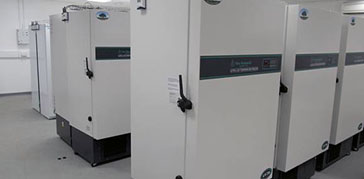
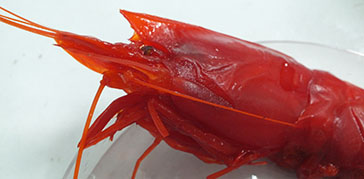
The molecular collection contains samples from lizards, frogs, birds, bees, mammals, spiders, fish and many more.
The molecular collection stores DNA, tissue and cell culture samples for the UK’s research and conservation community.
The CryoArks project is a BBSRC Bioinformatics and Biological Resources (BBR) funded collaboration between museums, universities, zoos and aquariums. This project aims to create the UK’s first comprehensive zoological biobank for research and conservation.
CryoArks makes sure that the frozen collections across the UK are coordinated, cared for and made available for all researchers to use.
The molecular collection facility at the Museum is one of the hubs where samples are stored.
All CryoArks samples, even those not held at the Museum, will be made publicly visible and accessible via the CryoArks database.
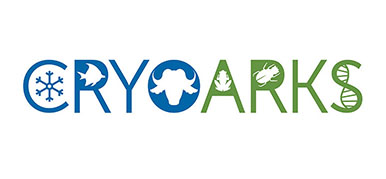
The United Kingdom’s Insect Pollinators Initiative (IPI) was funded by the Natural Environment Research Council (NERC) between 2010-2015 to support projects studying a wide variety of UK pollinators and their habitats. These projects collected 50,000 UK pollinator specimens, including bees, flies, beetles, butterflies and moths. The specimens were complete with pollen baskets, gut contents and parasites.
A subsequent BBSRC funded project made it possible to archive these specimens into the nation’s collections at the Museum. All the specimens were moved into future-proofed barcoded cryotubes for permanent storage in the -80ºC freezers in the molecular collections facility.
Expert curators at the Museum checked the data and updated the taxonomy to make sure it can be discovered and used.
All samples and data from 42,320 specimens from the original United Kingdom IPI project are now available via the Natural History Museum's Data Portal for researchers worldwide to search through and access.
The schistosomiasis collection at the Museum (SCAN) is a global repository of schistosome parasites and their snail intermediate hosts. Funding from the Wellcome Trust has helped develop SCAN into an important resource for genetic/genomic research into schistosomiasis, a Neglected Tropical Disease (NTD).
SCAN supports the museum’s work as a World Health Organization Collaborating Centre for schistosomes and their intermediate snail hosts.

Researchers collecting schistosome samples in Tanzania. Image by Aidan Emery
The Darwin Tree of Life project is one of several initiatives across the globe working towards the ultimate goal of sequencing all complex life on Earth.
The project will carefully collect representatives of each species present in and around Britain and Ireland.
It will then use advanced DNA sequencing technologies to generate high-quality genome sequences, and cutting-edge computational tools to understand how the DNA sequence translates into the diversity of life.
It will sequence animals, plants, fungi and protists, and release the data openly for all to use.
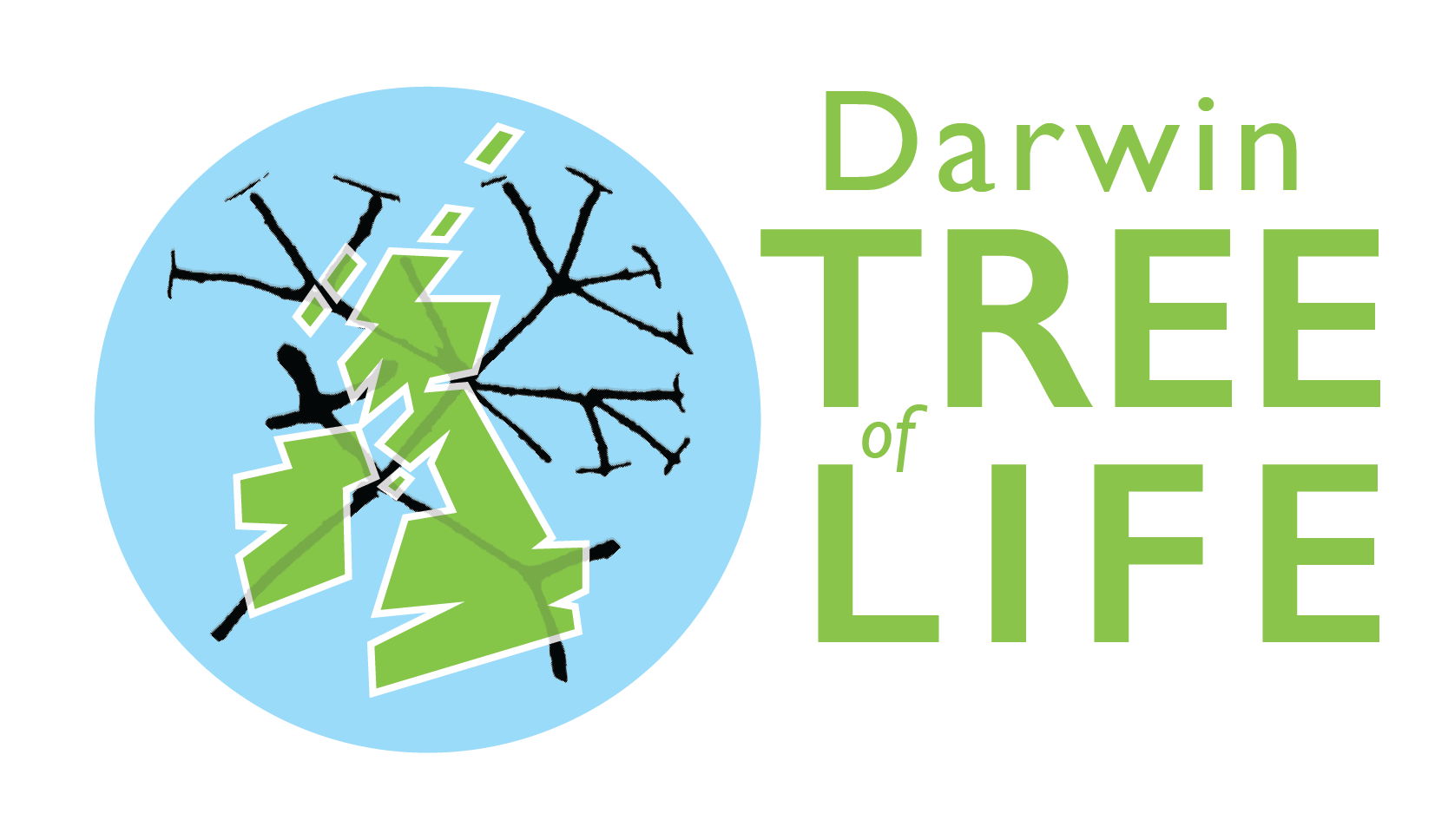

Material stored in collection includes tissue samples, whole organisms, cell cultures and DNA extracts. This hammertooth fish Omosudis loweii is part of the collection. Image by Kirsty Lloyd
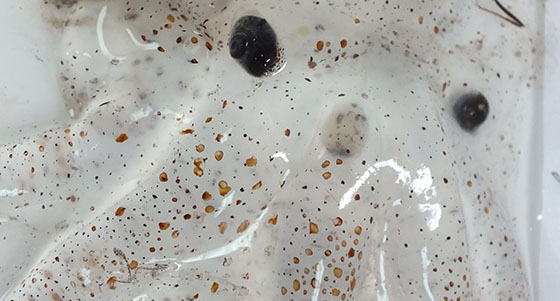
The vast range of taxa represented in the collection includes tissues from organisms such as this Amphitretus thielei octopus. Image by Kirsty Lloyd

Molecular Collections Facility Manager

CryoArks Co-Investigator at the Natural History Museum

Data manager for Darwin Tree of Life

Sample coordinator for NHM Unlocked
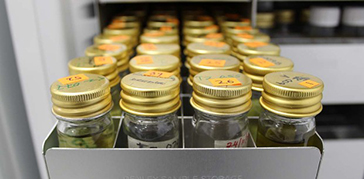
The DNA of thousands of animals, including endangered species, is being collected in a national network of freezers.

The Darwin Tree of Life Project aims to sequence the genomes of all 66,000 species of animals, plants, fungi and protozoa found in the UK.

The mammoth task to organise UK wildlife samples collected by the passionate naturalist and vet, Vic Simpson.